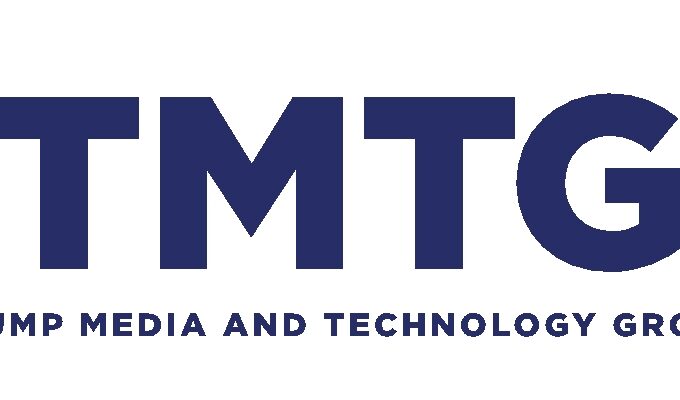
“Good guy” loan startup LendUp fined $6.3M for overcharging
By Josh Constine for TechCrunch
LendUp was supposed to be different than the payday loan sharks that rip off the poor when they need emergency cash. But in its early days, LendUp charged customers illegal fees, miscalculated interest rates, falsely advertised loans nationwide that weren’t available there and misled people that borrowing from LendUp would boost their credit score.
Now LendUp will have to pay $6.3 million for the violations. That includes a $3.6 million fine by the federal Consumer Financial Protection Bureau for failing to keep its promises, and a $2.7 million fine with the California Department of Business Oversight for the fees and interest rates.
CEO on what went wrong
LendUp CEO Sasha Orloff spoke to TechCrunch, admitting his company didn’t have a big enough compliance and legal team to review all of its promotions and features. To remedy the situation, LendUp proactively refunded any wrongly charged customers and ceased all problematic practices as soon as the investigation began. Now, Orloff says his 190-employee company has a 15-person-plus legal and compliance division — more people than the entire LendUp team at the time of the infractions.

LendUp CEO Sasha Orloff
You can read the full announcement from the CDBO here:
In a statement to the press, Orloff tried to pass off the problems as growing pains of a young startup, which he told me was cash constrained, and had to make tough decisions about who to hire and what to build. He wrote, “These regulatory actions address legacy issues that mostly date back to our early days as a company, when we were a seed-stage startup with limited resources and as few as five employees. In those days we didn’t have a fully built out compliance department. We should have.”
Just a speed bump?
The penalties might merely be a speed bump for LendUp, though. It raised a $47.5 million Series B round last month to bring itself to $111.5 million in equity funding, giving it plenty of cash to pay the fine and keep operating.
 Founded in 2011, the startup sells its LendUp Ladder payday loan, which comes with a flat fee and lets you borrow more if you pay back promptly. More recently, it launched the LendUp credit card, which is free if you pay back on time and lets you pause charges and watch your credit from an accompanying smartphone app. The company claims to have saved Californians over $18 million during 2016, and an estimated $40 million for customers nationwide.
Founded in 2011, the startup sells its LendUp Ladder payday loan, which comes with a flat fee and lets you borrow more if you pay back promptly. More recently, it launched the LendUp credit card, which is free if you pay back on time and lets you pause charges and watch your credit from an accompanying smartphone app. The company claims to have saved Californians over $18 million during 2016, and an estimated $40 million for customers nationwide.
LendUp positioned itself as a compassionate alternative to high-interest credit cards and scammy debt trap payday loans that can charge up to 500 percent to 700 percent in interest. That might ring hollow if customers dig out LendUp’s skeletons.
Now LendUp claims it’s locked those skeletons in the closet long ago. Orloff writes, “We are a different company today, with a compliance team of ten and a separate in-house legal team of six, including our Head Regulatory Counsel and seasoned General Counsel. Importantly, those teams are brought in at the beginning of the development lifecycle for every new product and feature.”
Additionally, Orloff tells me LendUp hired former regulators to come in and build out its compliance program. A study shows it now makes good on its claim about boosting financial health, as a third-party review by TransUnion found LendUp customers are more likely to raise their credit score than non-borrowers or those borrowing from another lender.
To customers, Orloff writes, “We take our commitment to operating in a transparent, compliant and socially responsible way very seriously.” He says the company’s morale remains strong because employees believe it’s evolved significantly from when it was one-twentieth its size and made these errors.
The startup wasn’t allowed to discuss the ongoing investigations until they were recently completed. But now Orloff takes issue with what regulators defined as a fee. He and General Counsel Angela Jeffers explained that LendUp offered a 30 cents per day discount if borrowers pledged to pay back early. But if customers missed the self-imposed discount deadline, their discounts would be removed day-by-day, which regulators considered a fee.
You can read LendUp’s full statement here:
Move fast, break trust
LendUp didn’t have to legally admit wrongdoing… but it clearly did things wrong. Not as wrong as Zenefits, which had to fire it CEO, blow up its whole brand and start from scratch rebuilding trust with insurance clients. But LendUp has given old-school banks and competitors in the increasingly crowded fintech space the ammunition they need to cast doubt on the startup’s claims of trying to help the poor.
That jeopardizes LendUp’s dream of building a compassionate modern banking brand, which attracted investment from top VCs like Andreessen Horowitz, Kleiner Perkins, GV (Google Ventures), AFSquare, Data Collective, Kapor Capital and SV Angel. Alternatively, the fines could be seen as growing pains that signal LendUp was trying to rush to market and stake a claim, which some investors endorse. Uber’s cavalier attitude toward regulation has shown the potential of the “move fast and break things” mantra popularized by Facebook.
But Uber typically hurt taxi drivers by sidestepping the rules while providing convenience to its users. LendUp’s customers are the victims here.
First appeared at TC





